The sweetness in coffee? Are you sure you really "drank" the sweetness of the coffee?
Professional coffee knowledge exchange more coffee bean information please follow the coffee workshop (Wechat official account cafe_style)
In this year's WBC World Barista Competition, the champion South Korean player Jeon interpreted coffee through his understanding of carbohydrates (carbohydrates), which was highly praised and gave you a chance to get a glimpse of the sensory role of sugars in coffee.
Thank you @ Coffee Salon for sharing
But the secret of carbohydrates in coffee cannot be finished in more than ten minutes during the event. And we can be more honest:
Is the so-called "sugar" important in the field of "black" coffee?
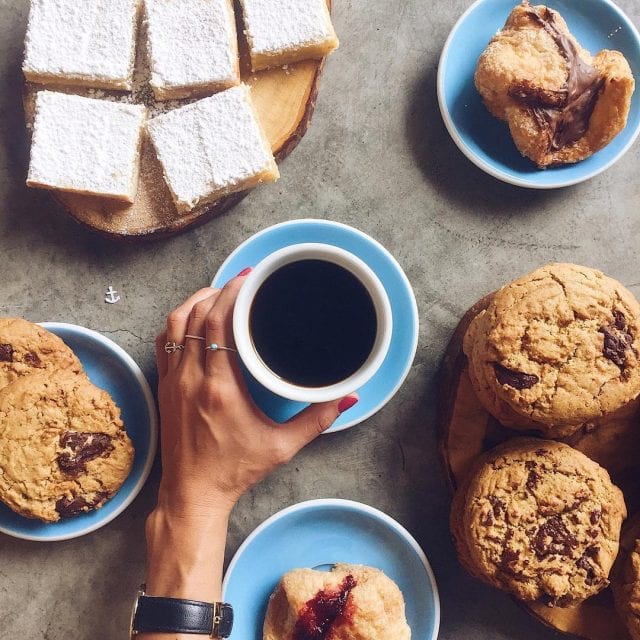
Sweetness is probably the most mysterious type of coffee flavor. There are seven kinds of sugars that are known to have sweetness in coffee:
Sucrose, arabinose, fructose, galactose, glucose, methyl pentose, xylose
But in fact, the "sweetness" in coffee has always been a big mystery in food science-because we still don't understand why coffee tastes sweet.
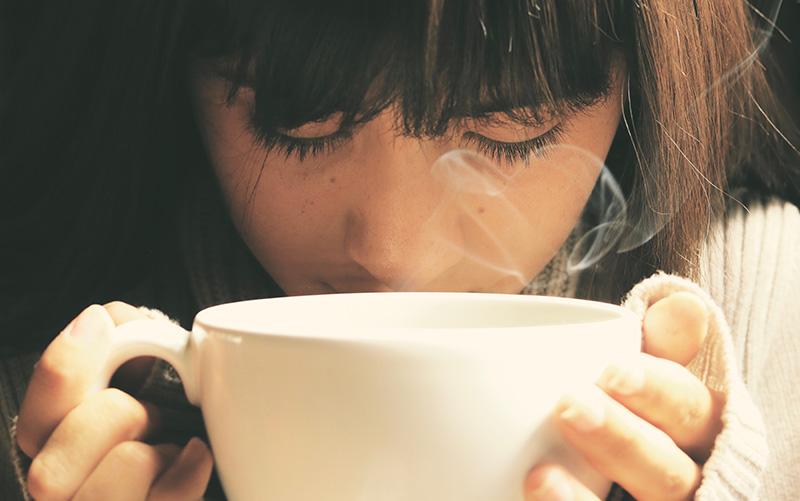
"Huh? What are you talking about? Isn't it said that coffee contains sweet carbohydrates? if there is sugar, it will be sweet. "
Someone must have said that in his head just now.
Don't worry. Let's take our time.
There is sugar in coffee, but in fact, the average threshold for sweetness in humans is 0.938%.
On the basis of sucrose, in a cup of 240g coffee, you need at least 2.2512g of sucrose to make you feel "sweet". But even in fine Arabica coffee, the total amount of seven sugars is less than 60mg, and except for glucose and sucrose, the other sweetness is less than half of the same amount of sucrose.
What does that mean? It means you shouldn't think coffee is sweet at all!
In fact, if you take a closer look at the competition process of South Korean athlete Jeon, it is not difficult to find that the so-called sugar actually comes from the manufacture of milk and extra processes. It is also because of this that nothing is mentioned about the carbohydrates really obtained by extracting coffee.
When it comes to this point, it's almost time for everyone to get confused.
"really? But some coffee tastes really sweet! "
Yes, it is because it tastes sweet objectively, so it is called a mystery.
At present, the mainstream hypothesis that is more reasonable is rooted in the indivisibility of the senses, that is, the sense of smell affects the sense of taste.
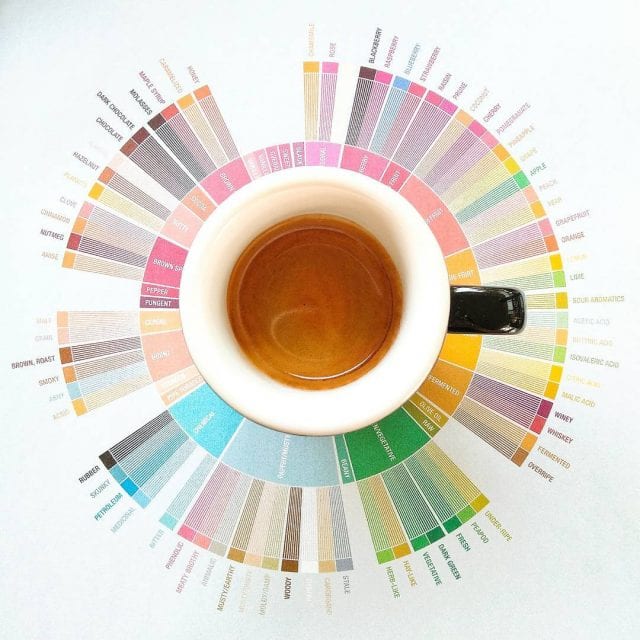
It is more painless to drink concentrate from a glass than from a ceramic cup. Heavy coffee cups make coffee sweeter.
In fact, all of these are rooted in the inseparability of the senses. Generally speaking, when we taste shallow roasted coffee, the sweetness we feel tends to capture the sweetness of the fruit. The sweetness of fruit makes us think this cup of coffee is "sweet".
When the coffee is roasted to a deeper level, the coffee develops more sweet substances similar to vanilla essence, and the oil is more fused, so under the guidance of taste and stronger "sweet substances", good deep roasting will not taste sweet!
So when we return to practical application, instead of focusing on "boiling out the sugar", we should focus on "bringing out the sweet smell" & "keeping the taste good", which is more likely to make people feel "sweet".
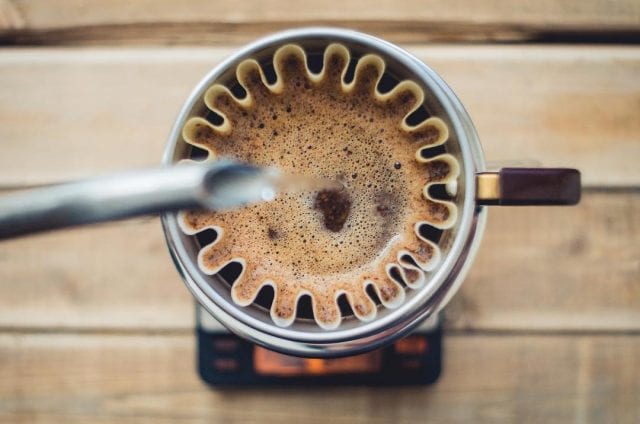
This is also true in our practical experience. The difference lies in whether to simply increase the extraction rate or to bring the flavor back at the same time, so that the opposite of the organic acid can have enough relative flavor to balance it.
So you think you're sweet? In fact, you should "smell" to the sweet ~
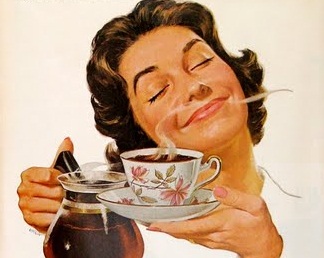
Well, it smells reasonable.
Note: the difference between sugars and sugars is that "sugars" generally refer to all carbohydrates, while "sugars" refer to sugars with sweet taste.
END
Important Notice :
前街咖啡 FrontStreet Coffee has moved to new addredd:
FrontStreet Coffee Address: 315,Donghua East Road,GuangZhou
Tel:020 38364473
- Prev
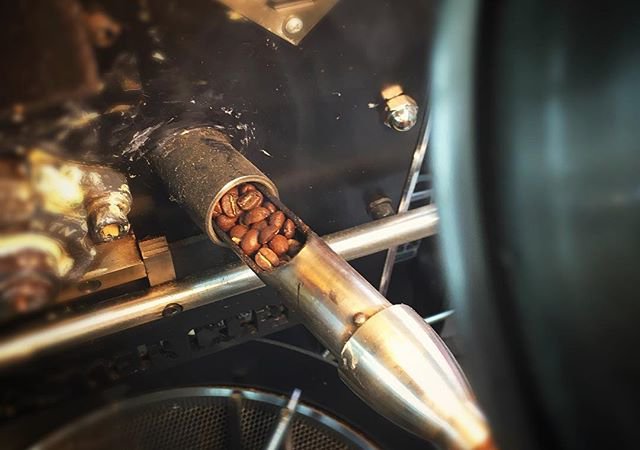
How to bake boutique coffee beans shallow moderate depth roasted coffee beans turn yellow one burst point two burst points
For more information on coffee beans, please pay attention to roasting in the coffee workshop (official Wechat account cafe_style). Roasting is the process of heating beans. Raw beans without baking smell only a little grassy and slightly fruity, but taste almost meaningless. Through the heating process, baking causes a series of complex chemical changes inside the beans, which in turn releases
- Next
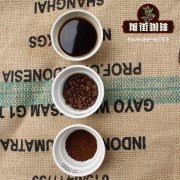
Why does the origin of the basic coffee flavor of the world's three continents affect the taste of coffee?
Where coffee beans come from can greatly affect their flavor. Talking about the basic flavor of the world's three continents, Africa Richard Keane says that when he wants to buy coffee beans from Africa, he is looking for acidity and fruit flavor. Especially in Ethiopia, he focuses on blueberry aromas, as well as as much acidity and fruit as possible. And coffee beans from Kenya, what he wants is Portugal.
Related
- Beginners will see the "Coffee pull flower" guide!
- What is the difference between ice blog purified milk and ordinary milk coffee?
- Why is the Philippines the largest producer of crops in Liberia?
- For coffee extraction, should the fine powder be retained?
- How does extracted espresso fill pressed powder? How much strength does it take to press the powder?
- How to make jasmine cold extract coffee? Is the jasmine + latte good?
- Will this little toy really make the coffee taste better? How does Lily Drip affect coffee extraction?
- Will the action of slapping the filter cup also affect coffee extraction?
- What's the difference between powder-to-water ratio and powder-to-liquid ratio?
- What is the Ethiopian local species? What does it have to do with Heirloom native species?

